Observations since 1990s from Nick Kemp
I just returned from an excellent PCW evening where I was hosted by The Performance Partnership in London. David Shepherd has been running this training company for over 23 years. We had a very interesting conversation talking about our respective experiences of NLP over many years and made a surprising number of similar observations. I of course stopped teaching certified NLP trainings a number of years ago to focus on my own Provocative Change Works model which I now teach in 13 overseas countries as well as the UK.
I am forever grateful for my original NLP training and I have many good friends from around the world who are highly successful NLP trainers. Over the years I blogged about many of my frustrations about the behaviours of many NLP folks and how this has in my opinion done the field no favors’. The field seems full of individuals who ‘want to be right” about “how NLP should be taught” and little wonder that from an external perspective it’s all pretty confusing for the public. In 2010 I was hosted by Steve Andreas in Boulder Colorado along with a number of other well-known international trainers. Steve placed a sign at the front of the room on day one that wonderfully read “No one of us is smarter that ALL of us” This is a sentiment I fully endorse.
Let’s start with the positives and interest in discussion and debate
I changed the order of this article, so we start with talking about the positives that I see going on in the world of NLP. In recent years I have noticed a more sensible trend towards cooperation and discussion. I think there are many reasons for this including the fact that the old habit of “let’s fight” has only made trainers and practitioners look supremely daft. This is a shame when the NLP tool kit when used well can produce some really excellent results. My observation is also that since the global economic crisis, there has been a definite shift towards better discussion and cooperation and that can only be a good thing. The old attitudes of status seeking and dismissing other’s views seems to be on the decline.
In 2003 I set up a highly popular NLP resource site nlpmp3.com, offering mp3 interviews from many different schools of NLP. I was more interested in different takes on NLP rather than the ‘we know best” or this is “pure NLP” approach. The site had interviews with Steve Andreas, David Gordon, Sue Knight, Doug O Brien, Richard Gray, Richard Bandler and many other notable known figures. This was a free resource for anyone interested. I noticed that the best and most skilled trainers had a good sense of humour and were respectful of each other’s views.
In 2008 and 2010 I was asked to and agreed to attend the IASH conferences in the USA which showcased a number of NLP trainers from different schools of thought. It was refreshing to be able to discuss and debate issues and I started to teach more internationally after attending these events. I was also asked and agreed to contribute to the book “Innovations in NLP” which had contributions from many practitioners and trainers from many different schools of NLP, with all proceeds going to the NLP Research and Recognition Project. I have heard all manner of comments about Frank Bourke’s initiative and my own view is that anyone who is able to get $800K grant to assist with helping people should be applauded. It’s very easy to criticize and point out limitations in any project, my response is “so what are you doing?”
Recently I was asked to join “an international NLP leadership initiative” I thought “Why are they asking me? I don’t even teach NLP”
I think it’s nice that there is now an interest in discussion, but wonder how there will be any common agreement when the two co-creators have different views and many believe that often NLP schools have wildly different commercial interests and an invested financial interest in not changing existing ways of working! That said for once it looks like the tide is turning and there is cooperation between many folks in the field. In recent years I have met some terrific people in the field in Japan, USA and Europe. We may have very different views, but there’s always some respect and useful humour so we don’t all take ourselves way too seriously…
NLP and militaristic metaphors, let’s fight!
Ok, now for the not so good news from days gone by! These are my observations and history of some of what has been problematic in the field.
Originally I was a member of The Society of NLP, until I became increasingly frustrated by “The us and them” attitude that was promoted by the hierarchy. This often aggressive approach didn’t even make good commercial business sense and from the outside it all looked supremely daft. In many of my early NLP trainings I began to notice the use of an increasing number of militaristic metaphors including “We are losing the battle” “the enemy has surrendered” Looking back I realised that this was all done for commercial reasons. Of course there had already been a series of legal battles to decide “who owns NLP” which in my view did little to present NLP in a credible light. See http://users.telenet.be/merlevede/nlpfaq35.htm and http://www.neurosemantics.com/nlp/the-history-of-nlp/the-lawsuit-that-almost-killed-nlp
As somebody who comes from a sales and marketing background I found that a lot of what was presented as NLP was pretty confusing for members of the public. One NLP group set up a micro site proclaiming that “NLP is not therapy” while at the same time issuing “advanced therapeutic specialist certifications” (there were no “therapeutic certifications, only the advanced ones!) These were often then presented to the public as “qualifications” granted after just 5 day’s training. When I questioned this the response was “it’s not therapy, its applications of therapy” This is almost as daft as suggesting that people don’t need to consciously understand because everything is being unconsciously installed!
Many of the training seminars I encountered were great entertainment, so not in my opinion the best learning experiences. The style of many of these was very evangelical and Jon Ronson in a 2012 article commented
“Doing NLP [Neuro-Linguistic Programming, I felt very coerced. I couldn’t walk to the toilet without ten Richard Bandler acolytes wanting to know what I was doing, so I felt suffocated and coerced” (See http://therumpus.net/2012/11/the-rumpus-interview-with-jon-ronson/)
Of course this is one person’s view but my own experience is that groups with hundreds of people can be extremely chaotic and confusing for attendees. Often telesales teams would promise the earth to gain particular customers, to the extent that individuals who had not even attended a practitioner training would jump straight into a master practitioner training and be understandably confused! Another tend would be when attendees would complete a practitioner, master practitioner and trainer trainer courses to become “a certified NLP trainer” in just a few weeks!
Some of the hilarious personal attacks I have encountered over the years…
I have always had a policy of not responding to the kinds of negative personal attacks over the years. This is because they are always done by attention seeking folks with way too much time on their hands! Here are two great ones –
“Nick Kemp is better than Richard Bandler and Paul McKenna put together”
I supposedly posted this on a newsgroup!
There is however one small problem it’s complete nonsense, complete fabrication and never happened!
If I were ever going to give such examples (not that I would anyway) I would certainly choose different examples and they wouldn’t be from the world of NLP.
However here is my favorite and most bonkers assertion
“I tried to have a reasonable conversation with him when we were both at the same training event recently but he literally ran out of the room when he saw me walking over to him.”
Anyone who knows me knows that I am not in the habit of any form of running!
I certainly have never “run out of any room” in my decades of organizing and attending trainings! The reality is that I met the poster once very briefly when he paid to attend an event I was hosting. Other than a brief 2 minute exchange I have never spoken to or met this particular individual.
If I am asked about this kind of nonsense I have a policy of simply commenting “I think people can make up their own minds” and leave it at that. This quote has been attributed to Voltaire (there is disagreement as to whether this is true!) and I totally agree with the sentiment
“I Disapprove of What You Say, But I Will Defend to the Death Your Right to Say It”
Final Thoughts
Fortunately some good collaborations in the world of NLP and this does give me some hope for the field. One of the benefits of tougher economic times is that the trainers and practitioners with genuine skills continue to thrive, whereas the others move onto looking for other ways to earn a living! My discussion with David was quite fascinating as although we had trained with different NLP schools we made similar observations about some of the craziness that occurs in the field. When I spoke to my old mentor Frank Farrelly about this he pointed out that the exact same behaviours occurred in the field of psychotherapy, but that’s the subject for another article…
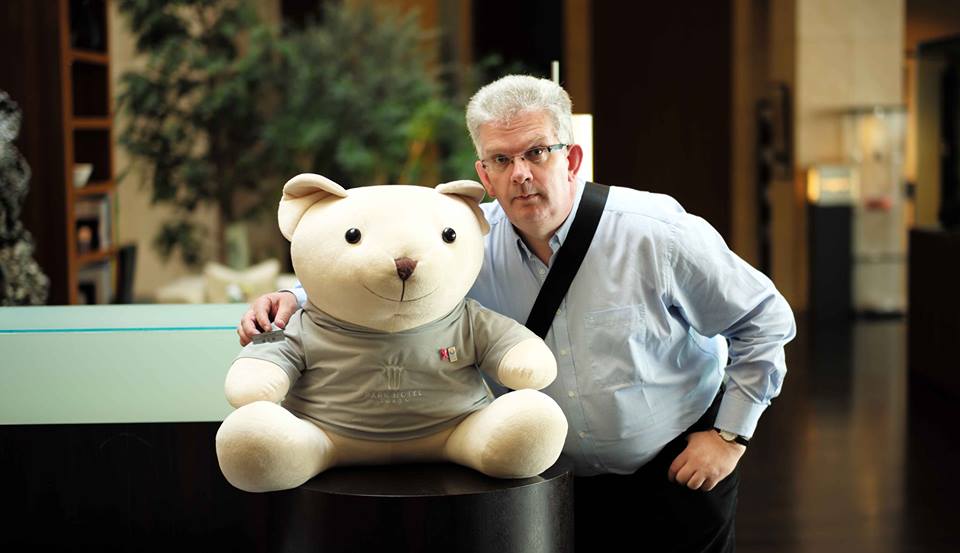
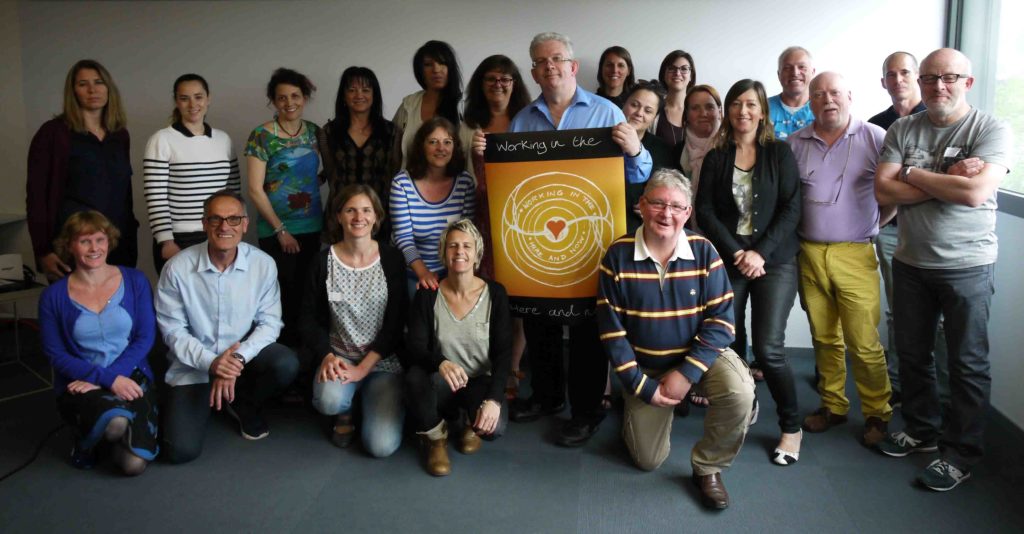
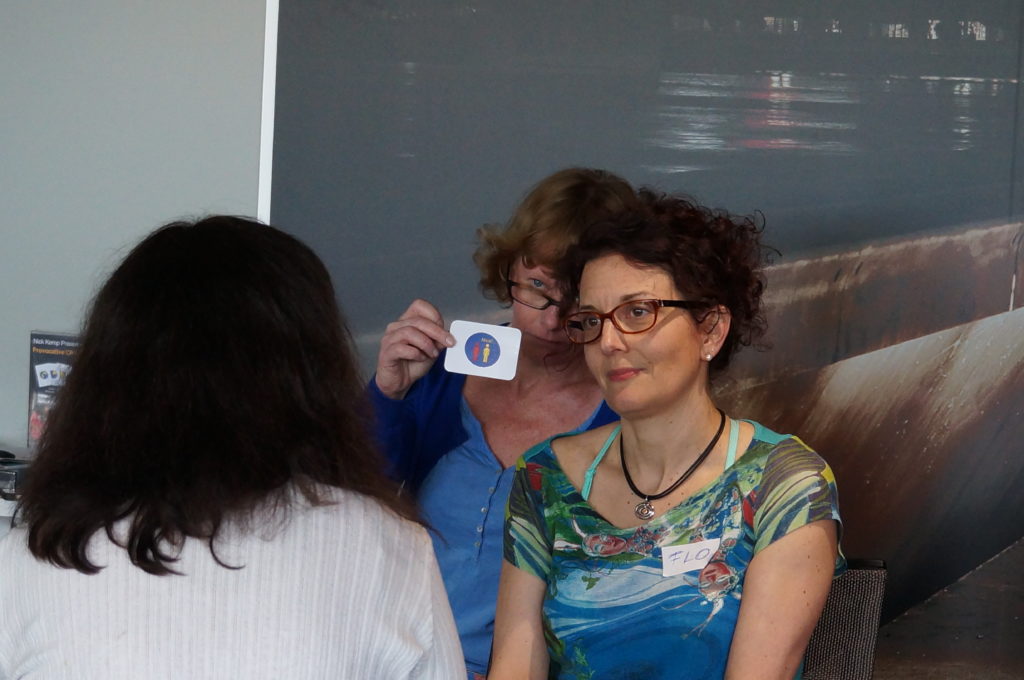
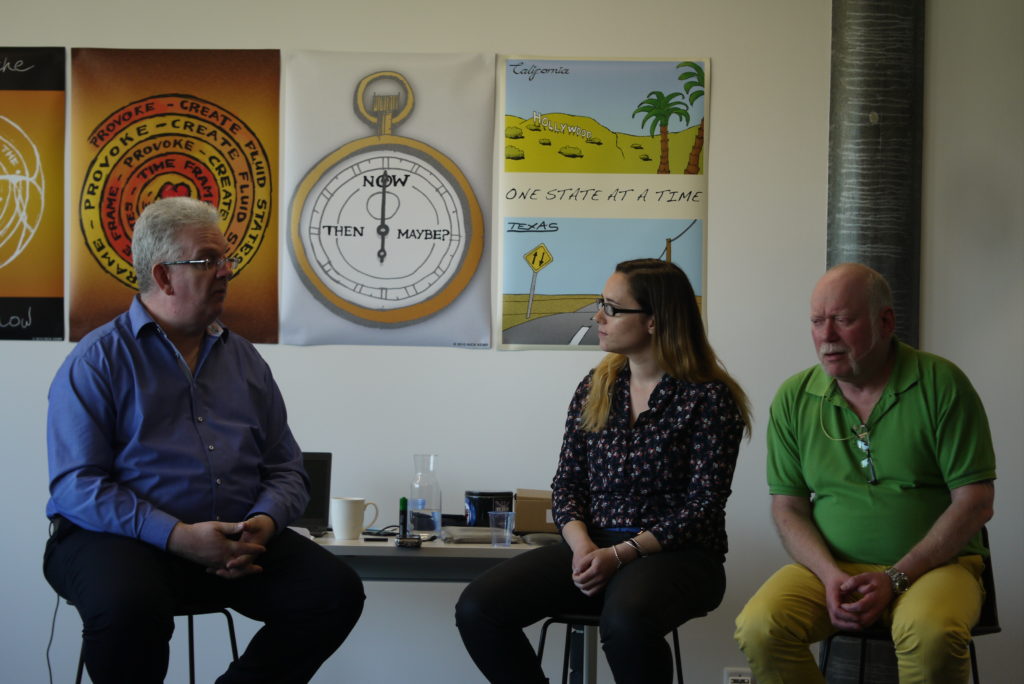

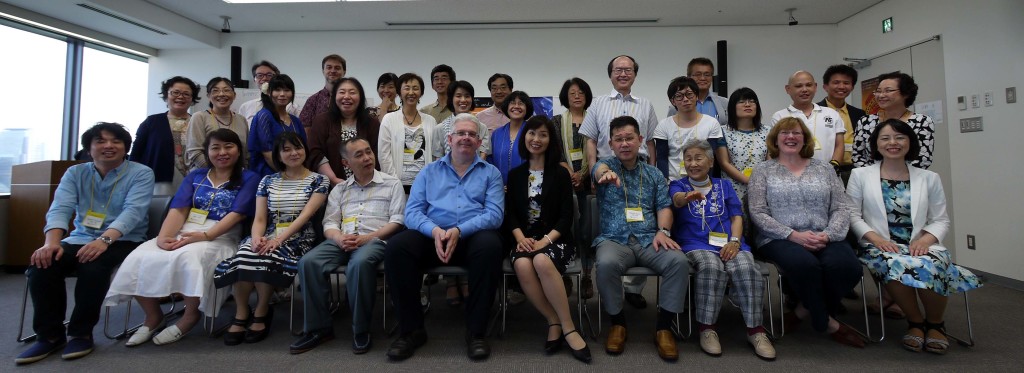
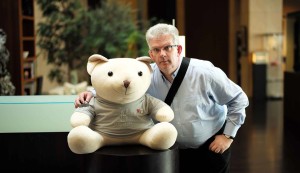
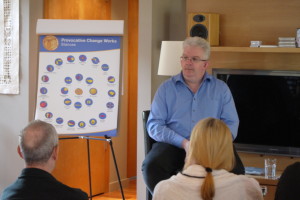 I currently teach Provocative Change Works in twelve overseas countries and on average get two new hosting requests each year. As somebody who ran commercial events in 1980s and spent over 15 years in sales and marketing, I appreciate how much work goes into such activities. I am also aware that there is a massive range of skills and capabilities across the planet in terms of this activity. Some promoters have a great grasp of what is needed, while others are to be blunt totally delusional in their thinking!
I currently teach Provocative Change Works in twelve overseas countries and on average get two new hosting requests each year. As somebody who ran commercial events in 1980s and spent over 15 years in sales and marketing, I appreciate how much work goes into such activities. I am also aware that there is a massive range of skills and capabilities across the planet in terms of this activity. Some promoters have a great grasp of what is needed, while others are to be blunt totally delusional in their thinking! Yes, these are pretty basic questions, aren’t they? That said, often enquirers will fail to have even addressed these considerations. Often people will attend a training and think “Wow, I could do that (and earn a lot of money), lets run one of these!” Of course they are only seeing the final realised vision of an immense amount of work. There are a great number of moving parts in creating a successful event.
Yes, these are pretty basic questions, aren’t they? That said, often enquirers will fail to have even addressed these considerations. Often people will attend a training and think “Wow, I could do that (and earn a lot of money), lets run one of these!” Of course they are only seeing the final realised vision of an immense amount of work. There are a great number of moving parts in creating a successful event. Most promotion is of course common sense BUT that’s not as common as you may imagine. Many NLP concerns are excellent and I have a long history of working with hosts in Japan who have proved to be the best organizers. At the other end of the spectrum I fired two European promoters as they increasingly managed to display an equal measure of delusional thinking and total arrogance! Fortunately, this is a rare occurrence and as a trainer I have to keep a close eye on how trainings are promoted and organized. In most instances it’s a real pleasure to work with really smart hosts who have an appreciation for the detail needed in making trainings possible which means building a really good relationship with their customers.
Most promotion is of course common sense BUT that’s not as common as you may imagine. Many NLP concerns are excellent and I have a long history of working with hosts in Japan who have proved to be the best organizers. At the other end of the spectrum I fired two European promoters as they increasingly managed to display an equal measure of delusional thinking and total arrogance! Fortunately, this is a rare occurrence and as a trainer I have to keep a close eye on how trainings are promoted and organized. In most instances it’s a real pleasure to work with really smart hosts who have an appreciation for the detail needed in making trainings possible which means building a really good relationship with their customers.
